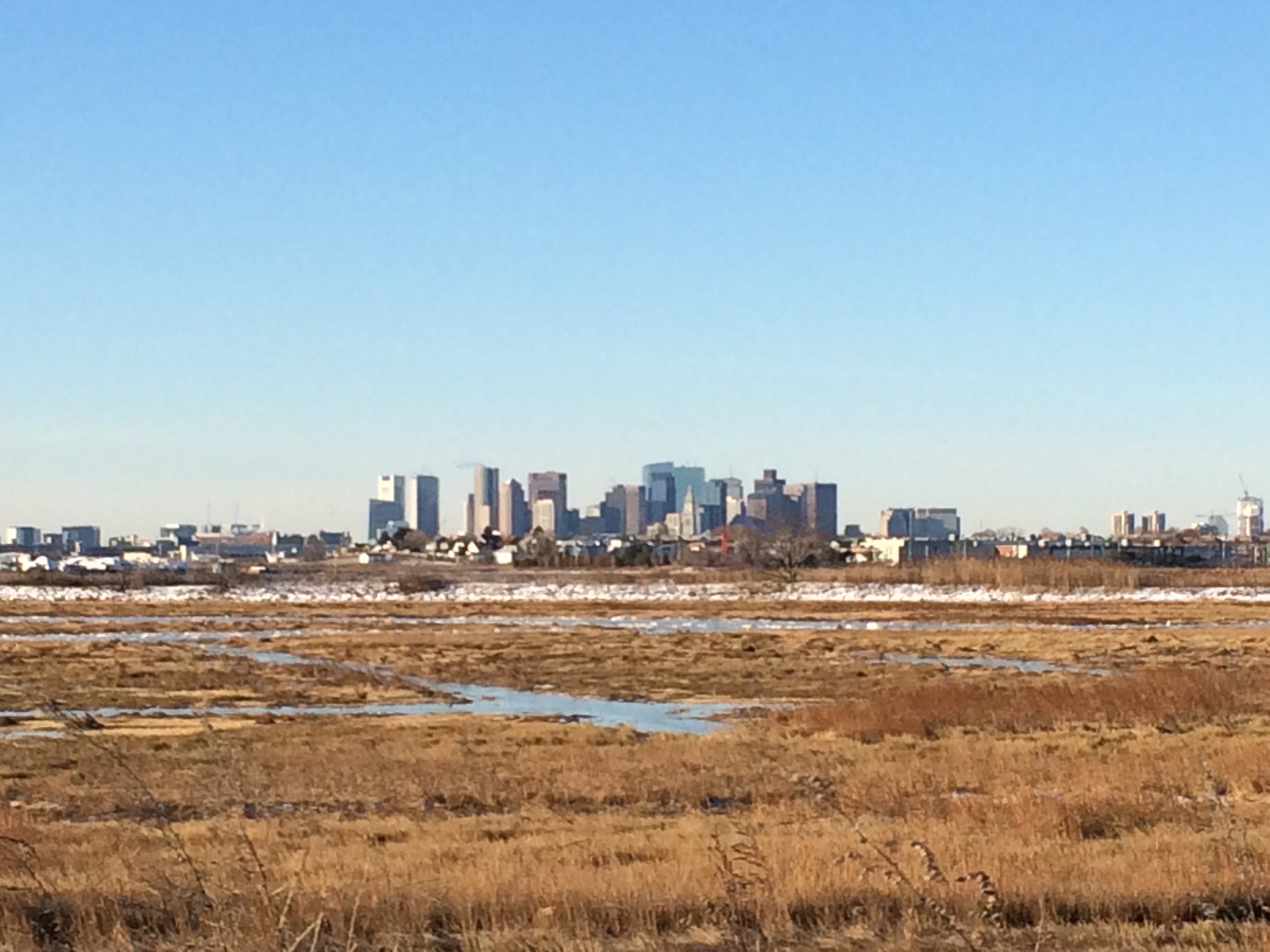Cities the world over are preparing for the impacts of climate change, impacts that are already being felt. Here in the northeast, some of the forecasted impacts include sea level rise, extreme temperatures, and the increased frequency and intensity of storms.
With these significant weather events, heavier precipitation – especially when combined with rising sea level and storm surge – will lead to flooding in areas that have not historically been vulnerable. As was seen in the case of Superstorm Sandy, flooding will significantly impact urban transportation, emergency response, and utilities systems, disrupting daily life and arriving with a hefty price tag.
The City of Boston is taking note of Sandy’s lessons, as well as best practices being designed and implemented in other low-lying parts of the world. Several Northeastern faculty members have participated in the City’s comprehensive vulnerability assessment. A report recently published by the Boston Research Advisory Group (BRAG), “Climate Change and Sea Level Rise Projections for Boston”, spells out the details of several projected impacts. Northeastern faculty members Auroop Ganguly and Mattias Ruth were authors on the chapter on extreme temperatures.
Marine Science Center (MSC) Director and Professor Geoff Trussell, who served on a panel of experts who reviewed this report, says that “these efforts are central to informing the City of Boston on what we can expect as a result of ongoing climate change, and, more importantly, areas where we lack the knowledge necessary to develop robust adaptation strategies. This interdisciplinary effort of BRAG is exactly the kind of activity that Northeastern’s Urban Coastal Sustainability Initiative is cultivating with its research programs, and we will continue to engage with policy- and decision-makers in Boston and beyond to address major challenges facing coastal cities.”
The City of Boston is also collaborating with the MSC’s Helmuth Lab to develop visualizations of what some key sites and infrastructure may look like under projected sea level rise scenarios to help decision-makers better understand the projected realities. The Helmuth Lab is also partnering with the Museum of Science and Arizona State University on a NOAA-funded program. According to Professor Brian Helmuth, “the focus of this project is on how we help coastal residents and managers to visualize how their choices affect coastal adaptation to increasing temperatures and sea level rise. Building on existing work, our goal is to make fully immersive, interactive virtual reality environments that help people to internalize what the threat of climate change really means, and, more importantly, to understand that we are not helpless.”
These are exciting opportunities for Northeastern, who further engages with urban coastal resilience issues via its appointment as the Metro Boston Regional Service Provider for the EPA-funded Massachusetts Bays National Estuary Program. Carole McCauley of the MSC outreach program serves as the Regional Coordinator, and in this role is facilitating MSC engagement with and to support to municipalities, local watershed organizations, and other partners in efforts that will improve the region’s resilience to climate change.
Combined with exciting growth in its faculty ranks and expanding research portfolio in marine & environmental sciences, these efforts are contributing to the University’s core pillar of sustainability as well as its Urban Coastal Sustainability Initiative. It only makes sense that research and collaborations in this area begin at home.

